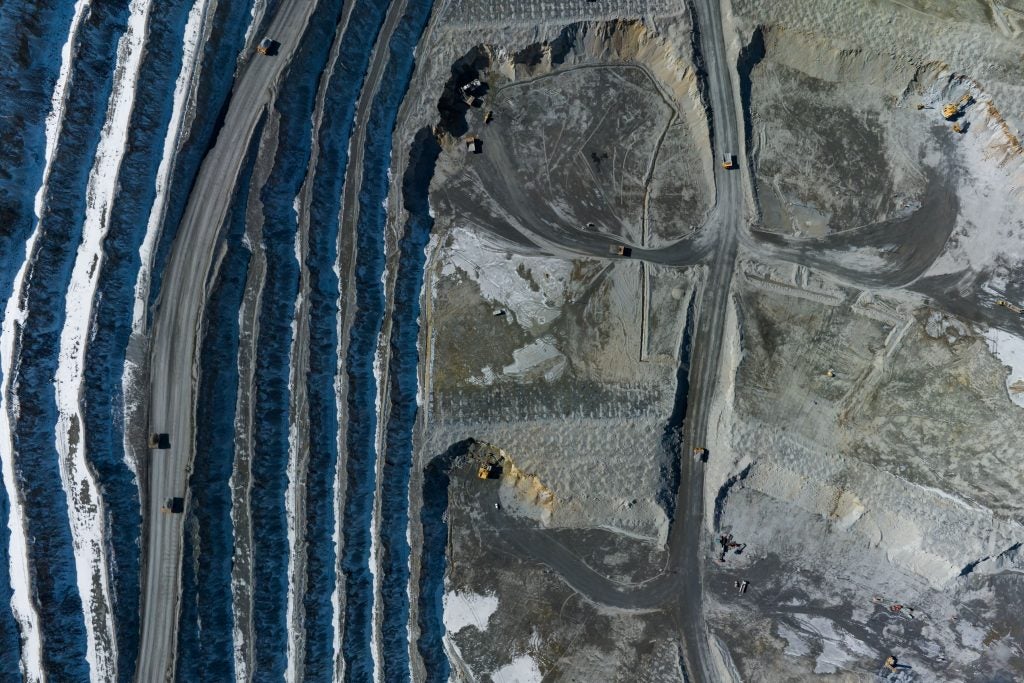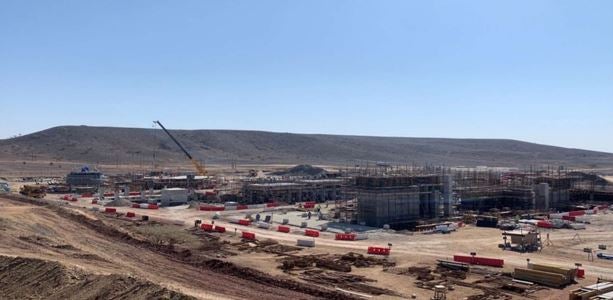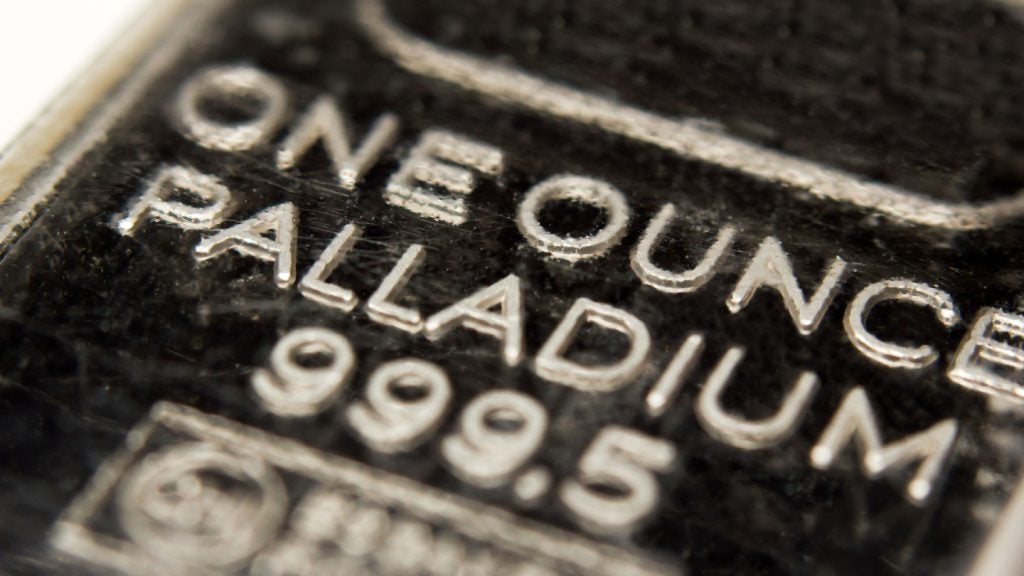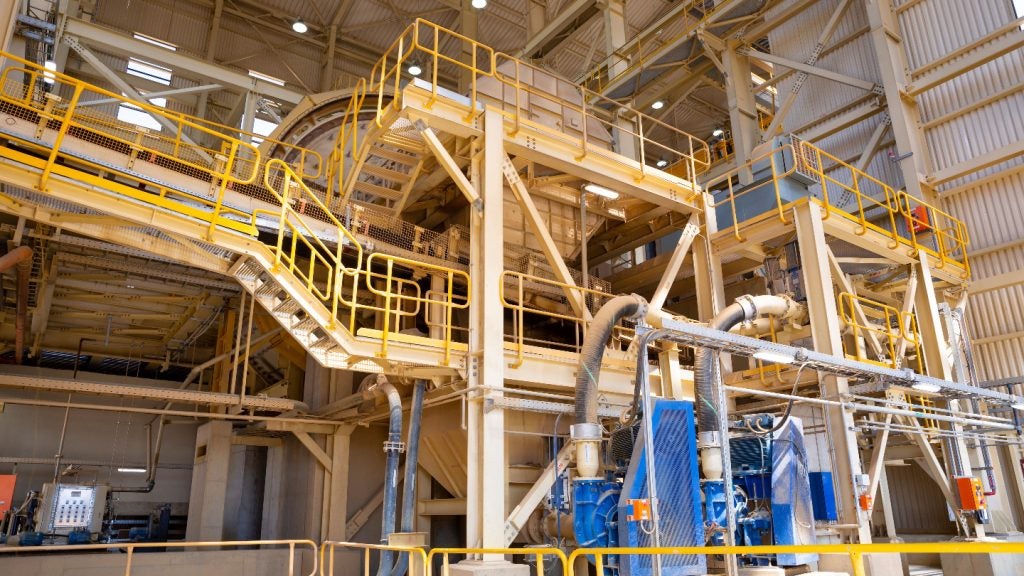The future of the mining industry will be shaped by a range of disruptive themes, with Internet of Things (IoT) being one of the themes that will have a significant impact on mining companies.
The falling price of sensors and improved computing power is helping miners to implement IoT across the whole value chain. Using data from machines to improve productivity and efficiency can in turn help reduce emissions, improving ESG credentials. Autonomous drilling, driverless haul trucks, drones for surveying and safety, wearable technologies, and predictive maintenance are some of the IoT technologies that can improve mining operations.
However, not all companies are equal when it comes to their capabilities and investments in the key themes that matter most to their industry. Understanding how companies are positioned and ranked in the most important themes can be a key leading indicator of their future earnings potential and relative competitive position.
According to GlobalData’s report, Internet of Things in Mining leading adopters of IoT include Anglo American, AngloGold Ashanti, Barrick Gold, BHP, Freeport McMoRan, Fortescue Metals, Newmont, Rio Tinto, Teck Resources and Vale.
Insights from top ranked companies
Rio Tinto
Rio Tinto’s Mine Automation System (MAS) pulls together data from 98% of the company’s mine sites into a common data format which can be displayed visually in Rio Tinto Visualisation (RTVis). The platform integrates data collected from autonomous equipment from different manufacturers. AI automatically generates orebody models, organises equipment dispatches, and predicts and controls blasts. The speed and queueing of the company’s autonomous truck fleet are monitored and optimised so that small incremental gains can bring significant gains in productivity.
The company is using virtual reality (VR) at its New Zealand aluminum smelter to recreate safety incidents in 3D. The immersive re-enactments allow Rio Tinto to understand what happens during accidents from multiple viewpoints, identify root causes of problems quickly, and improve overall safety training.
In July 2021, the company announced that it would deploy the world’s first fully autonomous water trucks at its Gudai-Darri iron ore mine in Western Australia, developed in collaboration with Caterpillar. The dust suppression vehicles will track water consumption digitally and reduce waste.
BHP
BHP introduced the Microsoft HoloLens2 and Dynamics 365 Remote Assist Dash Maintainer Tools, to help equipment staff gather key information and data remotely. The HoloLens 2 is a head-mounted computer with a see-through display, helping site workers show remote workers what they can see. Site workers can also access helpful documentation, videos, and schematics. This reduces the number of workers on-site, keeping workers safe during COVID-19. The Dash Maintainer Tools allow site workers to collect data from machinery remotely. The tools use IoT sensors on machinery and Microsoft Azure cloud services. This means technicians are no longer required to manually check dials.
Anglo American
Anglo American has invested in its FutureSmart mining initiative, using sensors and analytics to digitalise the mining industry. The company partnered with UK tech company Silixa to deploy distributed sensing using a fibre optic circuit. The circuit is several kilometers long and allows the real-time metering of mine water flows. The project was deployed in the Capcoal site in Australia. Anglo American also deployed tablet devices suitable for underground use at its Grasstree mine in Australia. The tablets were developed with manufacturer Bartec and can be used to share real-time production data and for Skype calls. The tablets improve communication underground and will be rolled out across other Anglo American mine sites.
To further understand the key themes and technologies disrupting the mining industry, access GlobalData’s latest thematic research report on Internet of Things in Mining. The mining companies featured in our thematic scorecard are listed below.
- Polyus
- Kirkland Lake gold
- Barrick Gold
- Polymetal International
- Kinross Gold
- Northern Star
- Zijin Mining
- Impala Platinum
- AngloGold Ashanti
- China Molybdenum
- Sumitomo Metal Mining
- Agnico-Eagle Mines
- Glencore
- POSCO
- Sibanye-Stillwater
- Freeport-McMoRan
- ArcelorMittal
- Shandong Gold Mining
- Nornickel
- Tata Steel
- Saudi Arabian Mining
- Severstal
- Jiangxi Copper
- Antofagasta
- Vedanta
- Nippon Steel
- First Quantum Minerals
- Hindalco Industries
- South32
- Evraz










